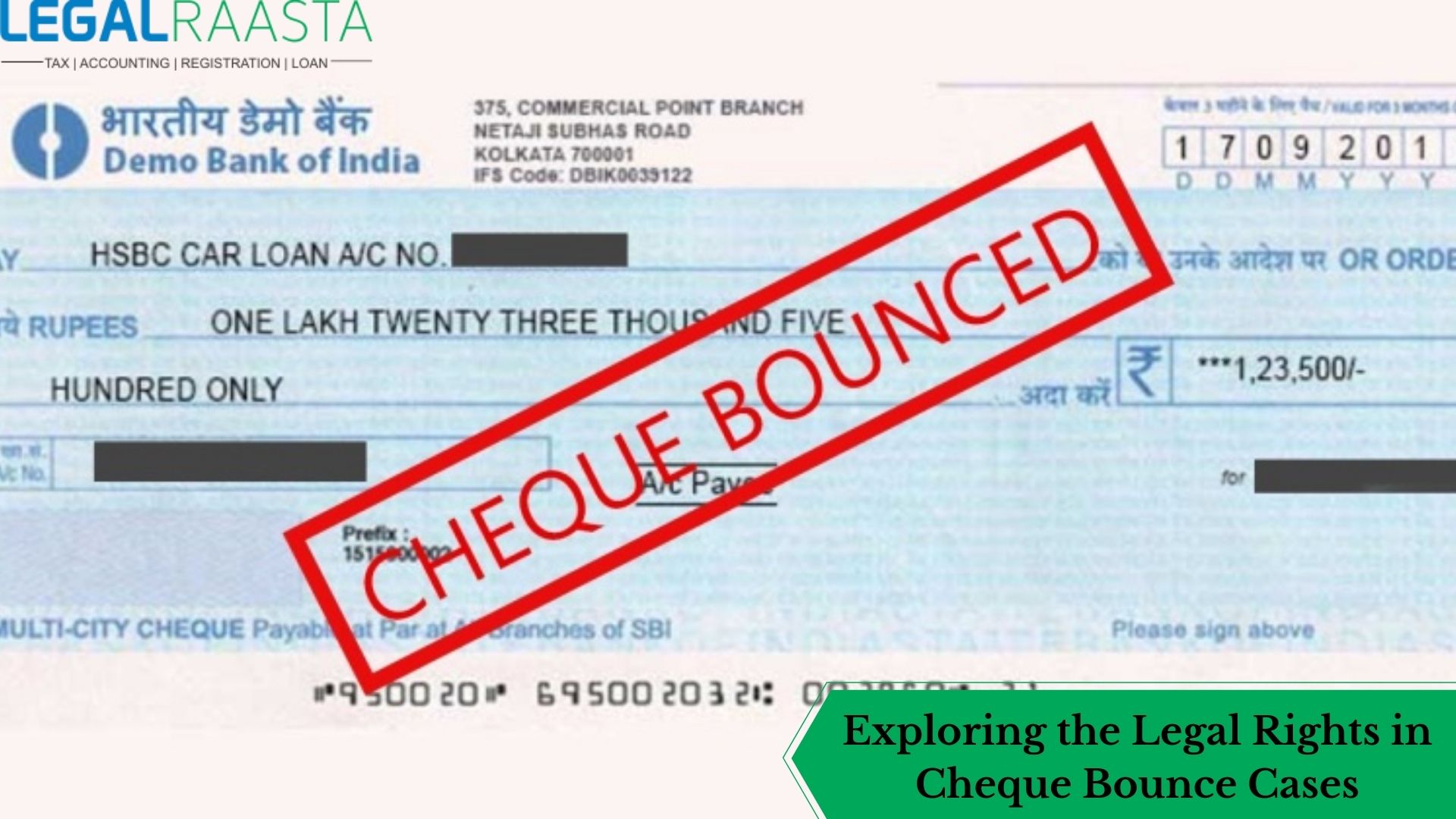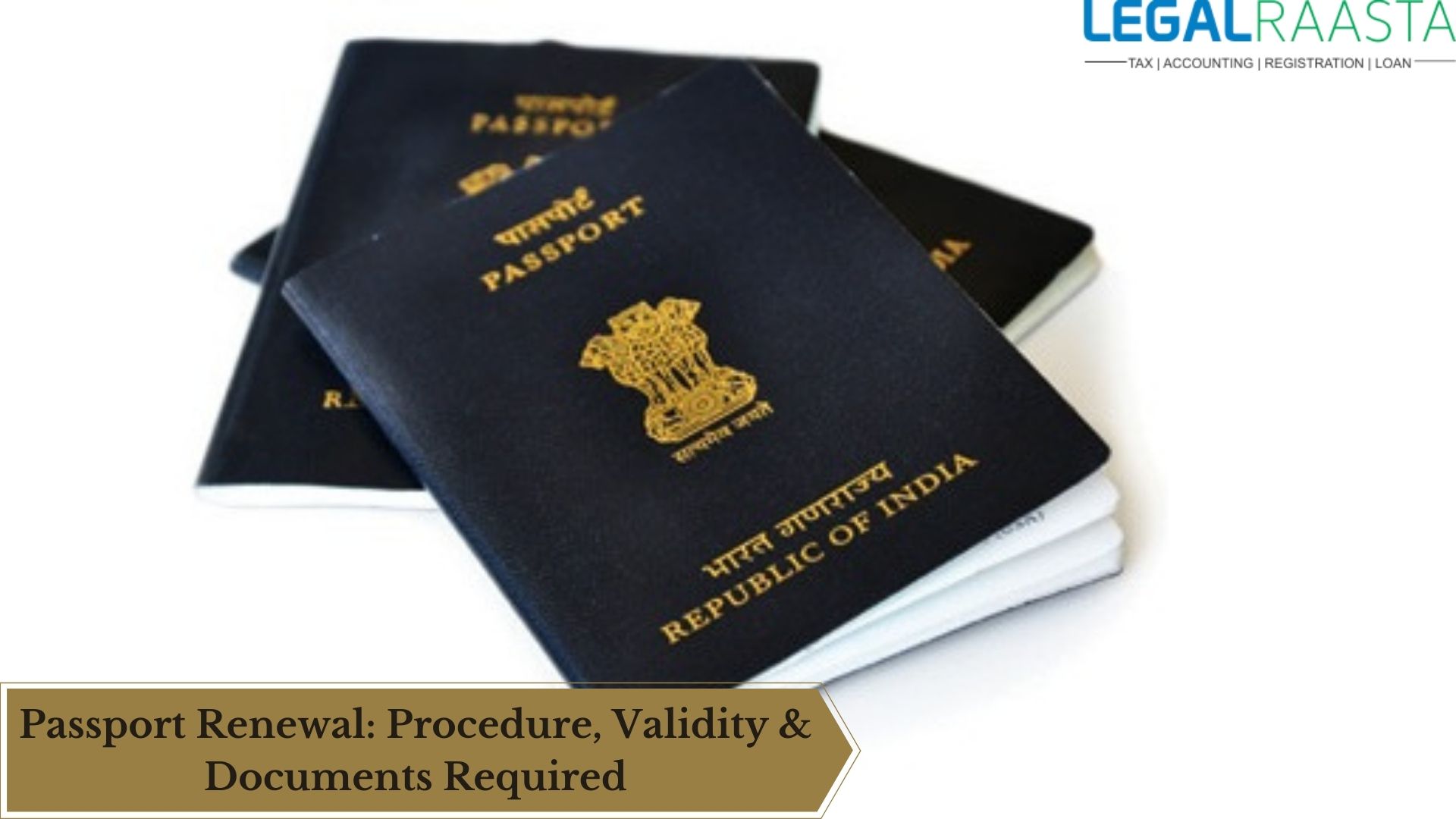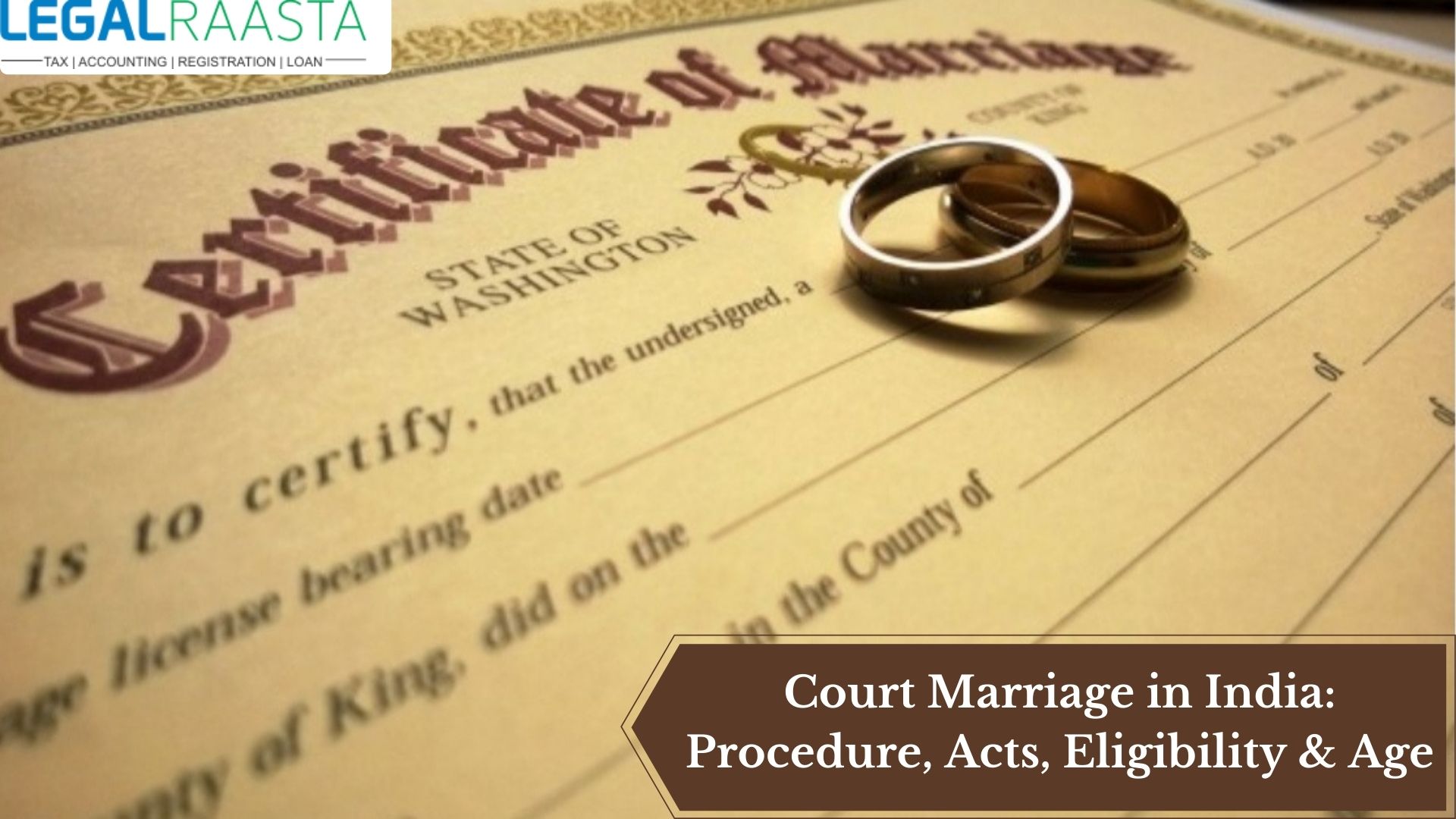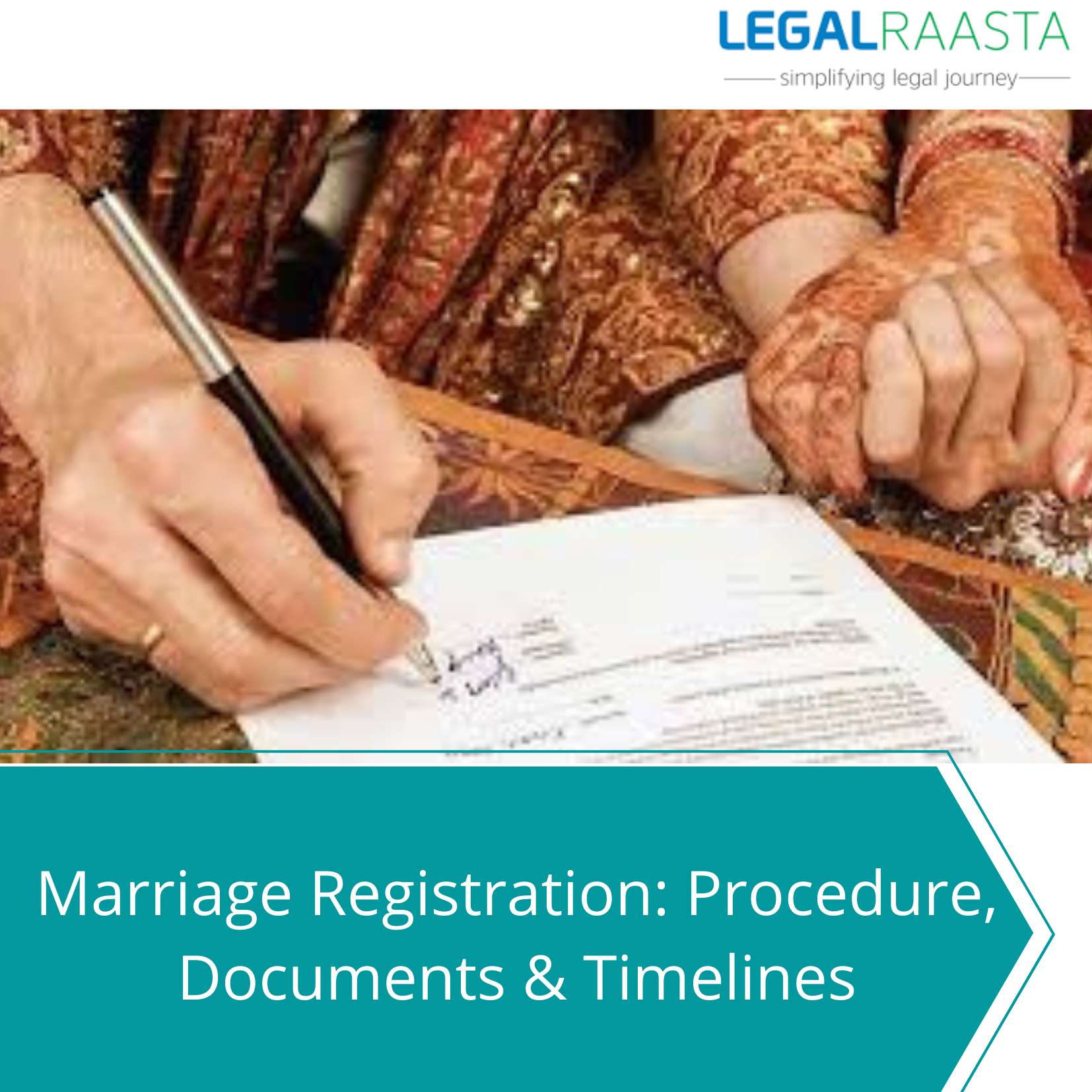A complete guidebook on charitable trust
Overview
A charitable trust, as the name suggests is the one where the sole purpose of its incorporation is to uplift people from poverty, to empower women, to eradicate illiteracy, to promote public health and comfort, to further religious practices, and other charitable purposes.
Benevolent and philanthropic purposes are not compulsorily charitable unless it is specifically for the benefit for masses or group of people.
Get a complete list of Indian NGOs by visiting www.giveindia.org
Features of a charitable trust
- A charitable trust, unlike private institution, has perpetual existence and are exempted from laws against perpetuity.
- These are partially or completely exempted from taxes.
- If the purpose of a charitable trust becomes impossible to carry out, then under the legal doctrine of cy près (French for as near as), the court or trustee acting by the majority can choose another purpose. This should be as near as the original purpose of the trust.
Types of charitable trust
Public trust
This is an express trust made to benefit the body of the public. The Charitable and Religious Trust Act, 1920, the Religious Endowments Act, 1863, the Charitable Endowments Act, 1890, the Bombay Public Trust Act, 1950 are some of the acts that govern the public trust.
Private trust
In this case, the beneficiaries are narrow and divided into specific groups. Like the employees of an organization. These are governed by the Indian Trusts Act, 1882.
To get the complete details of the Indian Trusts Act, 1882, click here.
Some essential elements
- An Author- who creates the trust from his/her property
- Trustee- the person responsible for trust property
- Beneficiary- the one who is benefiting from this property
- Trust Property- the property used for the benefits
- An objective- clear intent for the formation of the trust
Trust deed
You could form a trust without any written documentation as there is no need for trust deed. But in some cases it is desirable and in some, it is required to form a written document.
Like, in case of a private trust pertaining to immovable property (building), the trust deed is a requirement. But in the case of public trust for immovable property, the deed is desirable.
To get an idea of the format of trust deed, click here.
Reasons for forming a trust
- To discharge the sentiments of the author by the means that ensure public benefit
- For claiming tax exemption benefits.
- A trust could ensure proper management and preservation of property
- To regulate the affairs of the provident fund, superannuation fund or gratuity fund or any other fund constituted for the benefit of the employees.
- For the benefit of the family members/relatives, that are dependant on the settlor of the trust.
Conditions for forming a Public trust
The procedure to form a private trust differs from the procedure to form a public trust. It is because public trust is governed by general law and private trust is governed by the Indian Trusts Act,1882. Public trust can be formed either as a society or under section 8 of the company. It takes the form of a trust when the people involved are less. Usually one or two.
Also read the difference between Section 8 Company and Trust
Visit this link to register your company under section 8
Must read to know all about society registration
Conditions for forming a Private charitable trust
The most important condition is for the author to give written/verbal confirmation or by performing an act, indicating the intention for the formation (if there is any). If the trust deed is verbal, then the author should clearly imply the intention to create the trust. No formal words are necessary. But in such a case the author should
- Intend to form a trust binding in law on himself or to the person to whom the property is given
- Intend to bind a definite property for the trust
- have the intention to benefit a person or a group in a specific way
Stepwise procedure
- Form a trust document stating the type of trust it would be.
- Then, submit it to a legal firm or a bank
- This document should also mention the name of the settlor, the trustees and the beneficiaries, as well as a list of all the assets trusts, would hold.
- Now, apply for Permanent Account Number of the trust and open a separate bank account of its name.
Must read to know your PAN
- You can register this trust if there is a transfer of immovable property to this trust.
According to section 6 of the Indian Trusts Act, 1882, a trust is created when the author indicates the following by either word or by an act
- The intention behind the trust
- The purpose behind the trust
- Beneficiary
- Trust property
- If the author transfer the trust property to the trustee
To avail, great services like MSME registration, Nidhi company registration, NBFC registration or for producer company registration, click on any of the tabs. Or you can call us at +91 8750008585. You can also email us at contact@legalraasta.com. You can also visit our website LegalRaasta
Related articles
Why MSME is important in India










